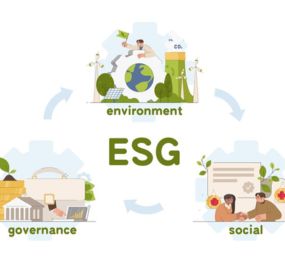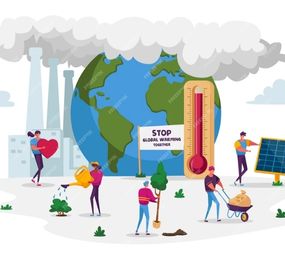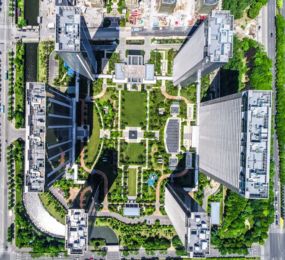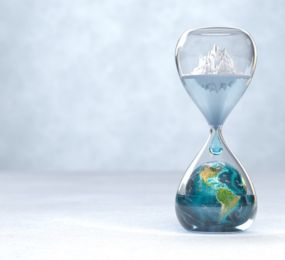Biodiversity, the remarkable variety of life on Earth, is a vital cornerstone of our planet's health and resilience. It encompasses the countless species of plants, animals, and microorganisms and the ecosystems they form. Biodiversity is a source of food, medicine, clean air and water, and serves as a safety net against environmental changes. Preserving it is not only a moral obligation but a necessity for the well-being of present and future generations.
Human activities, such as deforestation, habitat destruction, pollution, and climate change, have placed biodiversity at risk. The consequences of losing biodiversity are far-reaching, affecting everything from food security to climate regulation. Protecting biodiversity means safeguarding ecosystems that provide essential services, such as pollination and water purification.
Conservation efforts are multifaceted, encompassing the creation of protected areas, sustainable land use practices, and habitat restoration. These measures support the recovery of endangered species and the maintenance of diverse ecosystems. Furthermore, public awareness and education play a crucial role in fostering a collective commitment to biodiversity preservation.
Biodiversity conservation is not just about saving species, but also about securing our own future. As ecosystems flourish, they ensure that the services essential for human well-being continue unabated. Therefore, preserving biodiversity is not an option; it's an imperative for the sustainability of life on Earth. By embracing conservation efforts, we can protect ecosystems and wildlife and secure a healthier, more resilient planet for generations to come.
To register or learn more about the Forum please check here: https://www.leadventgrp.com/events/world-esg-and-climate-summit/details
For more information and group participation, contact us: [email protected]
















